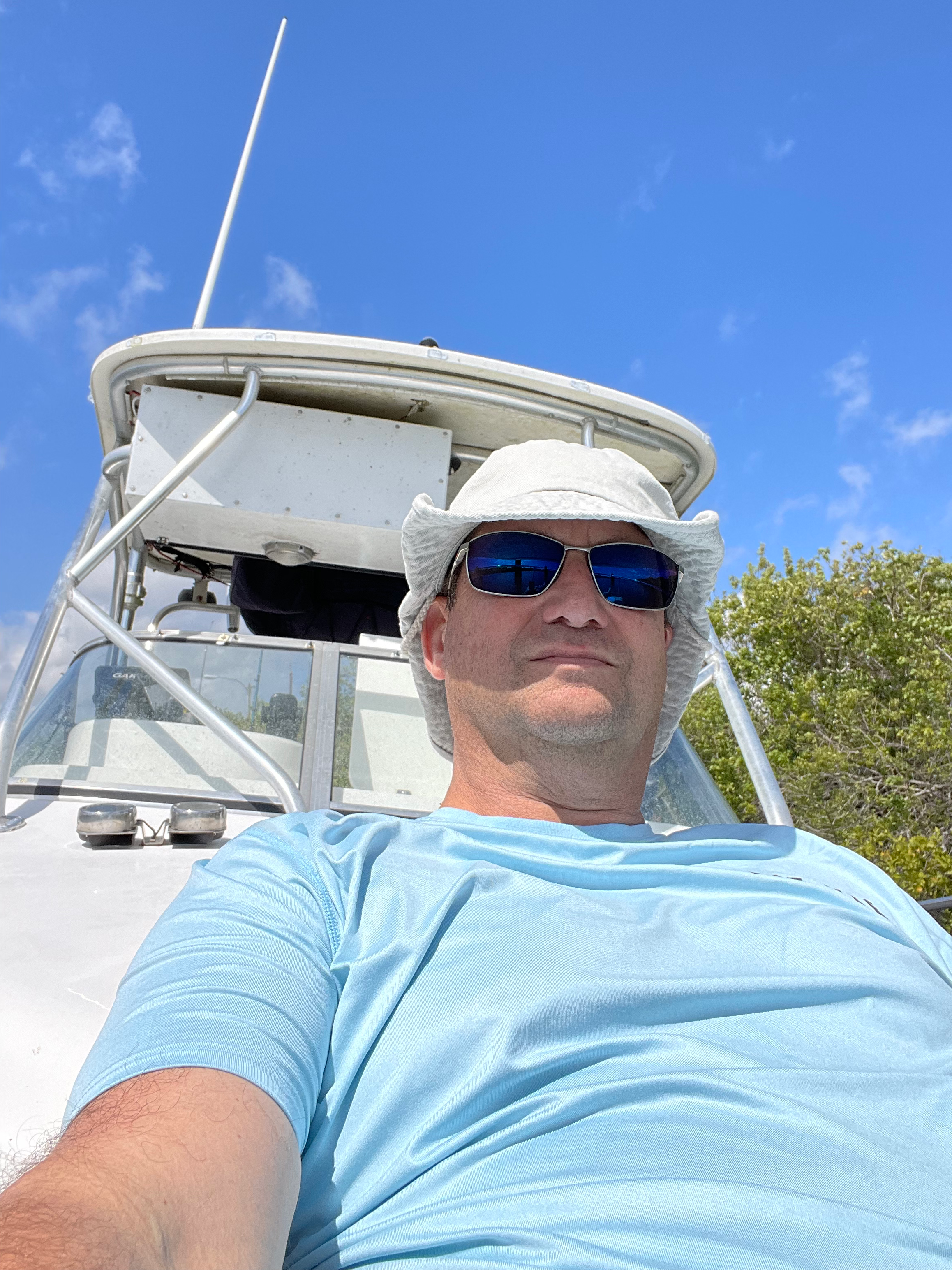Getting Started with Scuba: Tips for New Divers
- Robert Attama

- Jun 26, 2025
- 4 min read
Scuba diving opens up a world of adventure, allowing you to explore underwater ecosystems and experience nature in a whole new way. With vibrant marine life and stunning coral reefs, it’s no wonder many people are eager to take the plunge. If you're considering this exciting activity, this guide will provide you with valuable tips and practical information to help you get started.
Tips for Beginning Scuba Diving
Before strapping on your tanks and diving into the deep blue, there are some preparation steps to ensure you have the best experience possible.
Choose Your Certification Course Wisely
When starting your scuba journey, the first thing you need is proper training. Look for a certified organization like SDI. They offer various courses tailored to beginners.
A good course should include:
Theory classes: Understanding the physics and physiology of diving.
Pool sessions: Practicing skills in a controlled environment.
Open water dives: Applying what you've learned in real-life scenarios.
Make sure to check reviews and testimonials to find a course that fits your needs. A good instructor will not only teach you the essentials but will also make the learning process enjoyable.

Equip Yourself with the Right Gear
Investing in quality scuba gear is crucial. While you can rent equipment, having your own ensures comfort and familiarity. Here are some essentials you should consider:
Mask and Snorkel: A good mask provides a tight seal and clear vision. Pick one that fits your face well.
Fins: They provide thrust while swimming. Try a few to feel which ones suit your style.
Wetsuit or Drysuit: Depending on the water temperature, choose the appropriate suit for thermal protection.
Remember that quality gear enhances not only your comfort but also your safety. Don't rush into purchases until you’ve done your research and tried on several options.
What is the 120 Rule in Scuba Diving?
Understanding dive tables and calculations are essential for safety. One important concept is the "120 Rule." It states that your maximum depth (in feet) and your total dive time (in minutes) should not exceed 120 when added together.
For example:
If you dive to 60 feet, your total dive time should not exceed 60 minutes.
If you dive for 40 minutes, you shouldn’t go deeper than 80 feet.
Adhering to this rule helps prevent decompression sickness, a dangerous condition that can occur if you surface too quickly or dive too deep. Always plan your dives with this rule in mind and consult dive tables or a dive computer for more precise measurements.

Understand Dive Safety Procedures
Safety is the top priority for any diver. Familiarize yourself with essential safety procedures:
Pre-Dive Checks: Always conduct a thorough check of your equipment and buddy equipment before diving. A checklist can help.
Hand Signals: Know the different hand signals to communicate with your dive buddy underwater.
Equalizing: Properly equalize pressure in your ears as you descend to avoid injury.
Additionally, practicing emergency procedures such as sharing air and the controlled emergency swimming ascent can save your life.
Know Before You Go
As a new diver, it’s important to be prepared for your first dive. Here are some things to keep in mind:
Local Conditions: Research the dive site you will be visiting. Each site has different currents, visibility, and marine life.
Weather and Tide: Check the weather forecast and tide schedules. Both significantly impact diving conditions.
Dive with a Buddy: Never dive alone, especially when you’re just beginning. Having a dive buddy ensures safety and makes diving more enjoyable.
Staying informed about conditions helps ensure a safe and fun diving experience.

Enjoy the Experience
Once you’re underwater, take the time to relax and enjoy the experience. The underwater world can be mesmerizing:
Move Slowly: Quick movements can scare away marine life. Glide through the water and allow yourself to absorb the beauty around you.
Breathe Deeply: Control your buoyancy and make your air supply last longer by taking slow, deep breaths.
Take Photos: Capture the beauty of the marine environment. Make sure to use an underwater camera that fits your needs.
Continuously Learn and Improve
Scuba diving is a skill that requires continuous learning. After your initial certification, consider enrolling in advanced courses, specialized workshops, or diving trips. Each experience will enhance your skills and knowledge while providing additional enjoyment.
Exploring various dive sites and conditions can give you a more holistic view of the underwater world. This journey is just the beginning when you embrace the joy and wonder that the ocean offers.
Your Scuba Journey Awaits
Starting your scuba diving journey can be one of the most rewarding experiences of your life. With the right training, equipment, and mindset, you’ll embark on lifelong adventures beneath the waves. Embrace the thrill of beginning scuba diving, and let the ocean reveal its wonders to you. So gear up, dive in, and discover the beauty waiting below the surface!











Comments